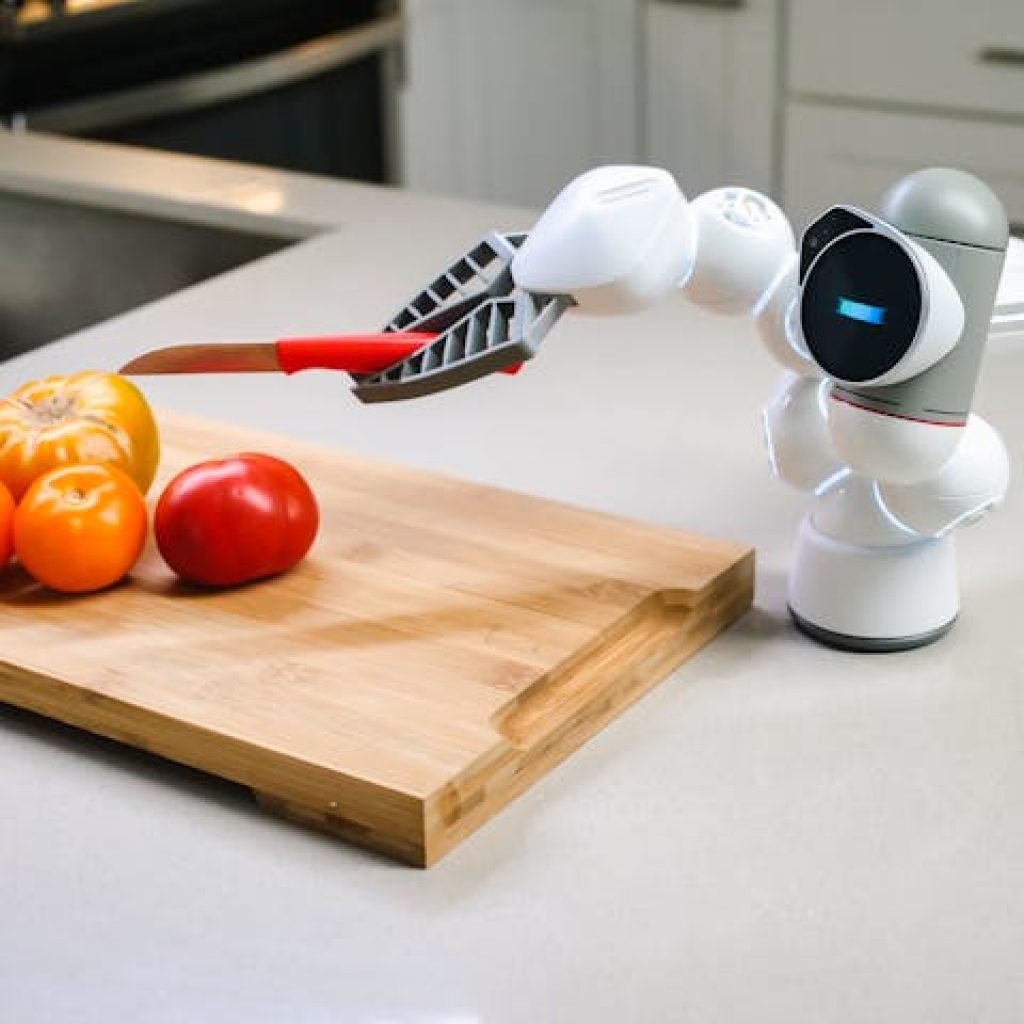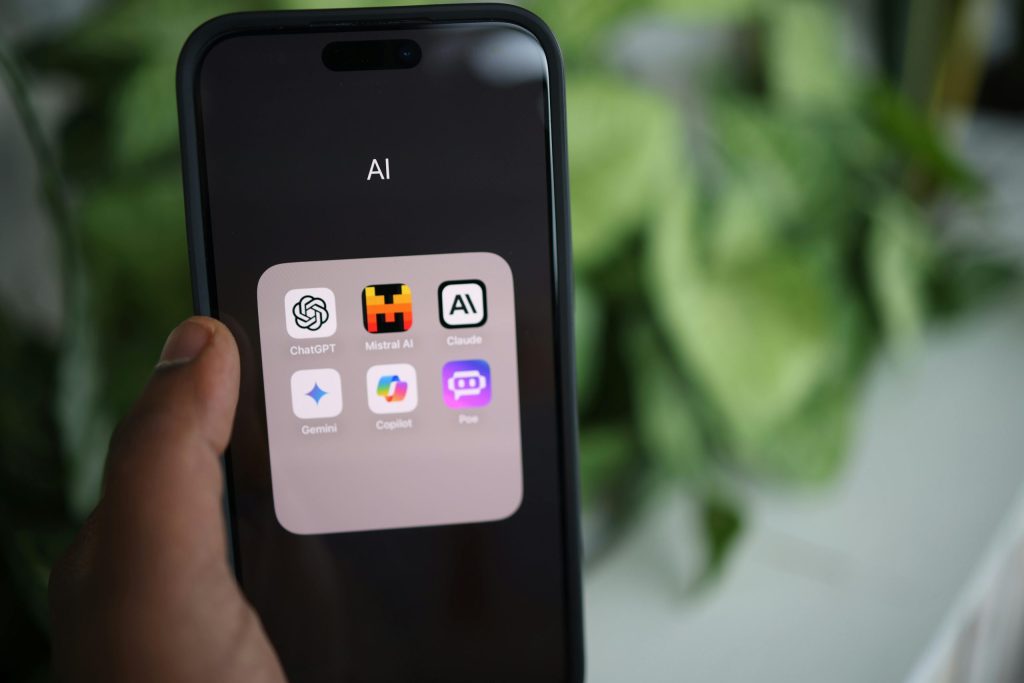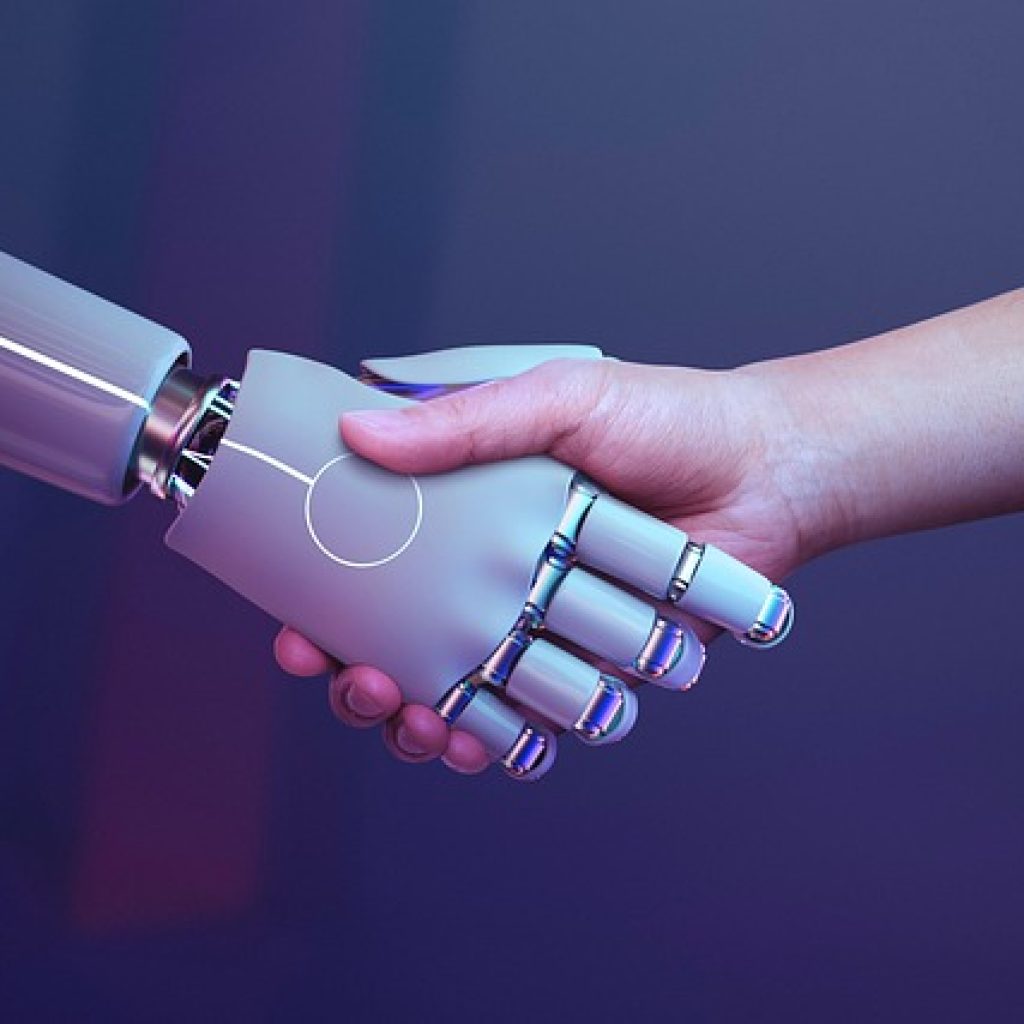Remote work didn’t just change where people work. AI is now changing how they get hired. Companies are no longer screening talent the way they did in 2020 — and by 2026, the hiring process will feel less like human evaluation and more like system-driven filtering, scoring, and automation.
The biggest hiring shift won’t be about more remote jobs — it will be about which workers get filtered in or out by AI before a human ever sees them.
Here are the seven areas already transforming under AI, and what they mean for applicants, freelancers, and global talent competing for remote roles.
1. AI Will Screen Applicants Before Humans Do
Most candidates think a recruiter reads their CV. In 2026, an algorithm will.
AI will scan for:
- skills, not job titles
- tool proficiency, not years of experience
- proof of output, not education level
- portfolio quality, not resume formatting
- projects, not responsibilities
That means the new resume format is results + tools used + proof links. Not job descriptions.
2. “AI Resume Tests” Will Replace First-Round Interviews
Before a human ever schedules a call, AI will test your:
- writing fluency
- communication clarity
- creativity
- task execution speed
- tool usage (e.g., Notion, Zapier, ChatGPT, Canva)
Applicants who refuse to use AI tools will quietly fail without knowing why.
3. Video Interviews Will Be AI-Analyzed
Companies are already using AI to evaluate:
- tone and speaking confidence
- clarity and vocabulary
- response structure
- facial expression cues
- role-fit based on linguistic pattern matching
Whether this is ethical is debatable. Whether it’s happening is no longer debatable.
4. AI Will Match Talent to Teams, Not Titles
Roles are dying. Skill clusters are replacing them.
You won’t be hired “as a marketing assistant.” You’ll be hired because your profile matches:
- content creation + workflow automation + AI literacy
- analytics + dashboarding + client-facing communication
- project coordination + CRM setup + async work habits
The job market is shifting from “job description” → “capability matrix.”
5. AI Will Decide Salary Ranges Based on Global Data
Companies will no longer ask “what is your expected salary?”
They will check:
- your region cost index
- global averages for your skill set
- your past project earnings (if public)
- market rates submitted by other employers
Salary will be algorithmic. Negotiation becomes optional — or impossible.
6. People Who Use AI Will Outperform People Competing Against It
The hiring advantage is no longer “work harder.” It’s “work smarter with tools others still refuse to learn.”
Example: A candidate who uses AI to prepare case studies, portfolio pages, or automate proposals will deliver 5x the proof of value in the same time it takes someone else to type a CV.
AI won’t replace people. But it will choose which people get hired.
7. Portfolios Will Matter More Than Resumes — Especially AI-Generated Ones
The candidate who shows “here’s what I can do today” will beat the candidate who lists “here’s what I did three years ago.”
The rise of the proof-based applicant is here:
- live dashboards
- Notion workspaces
- AI-powered demo projects
- video walkthroughs
- interactive pitch pages
Recruiters will no longer say “send me your resume.” They’ll say “send me something I can click.”
What This Means If You’re Applying for Remote Jobs in 2026
You don’t need to beat AI — you need to use AI to beat other humans applying without it.
Applicants who rely on ChatGPT, Canva, Notion AI, Perplexity, video summarizers, and auto-portfolio builders will seem “faster, smarter, and more prepared” — not because they are, but because they didn’t brute-force the job hunt.
If you want to track how these changes are affecting the global labor market and which countries are adopting AI hiring laws first, you can follow updates on latest tech trends and industry innovations.
Final Thought
The biggest hiring filter won’t be location, degree, or experience.
It will be: “Does this person already work with AI, or will we have to train them?”
AI won’t make job hunting harder. It will make job hunting **unfair** — in favor of those who adopt early.


